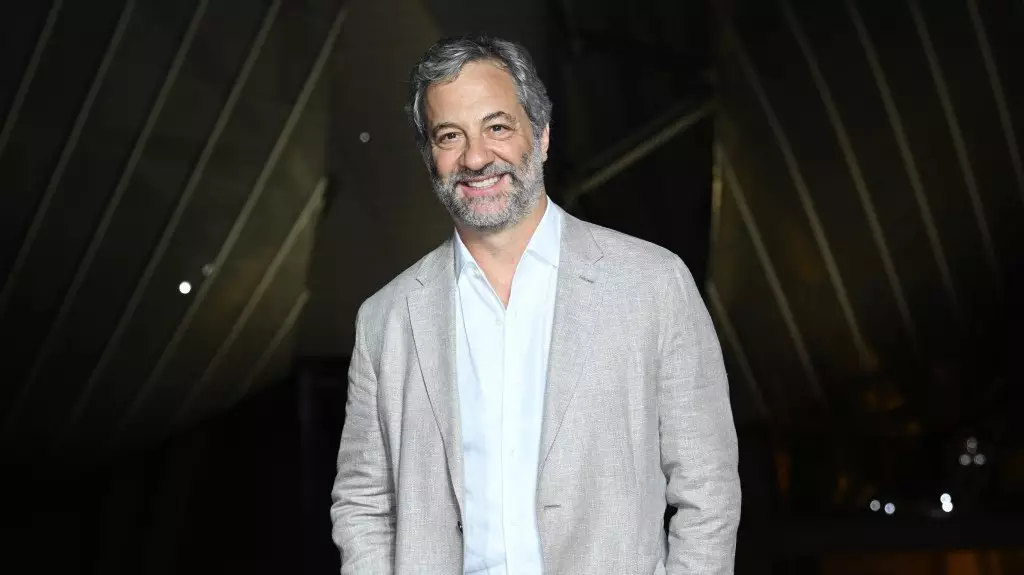In the rapidly evolving entertainment industry, Judd Apatow has offered a poignant critique highlighting the transformation of storytelling in Hollywood. His insights, shared on the Superfly podcast hosted by Dana Carvey and David Spade, reveal a stark shift in content creation. Apatow suggests that current filmmaking trends prioritize sensationalism over nuanced narratives, echoing a broader societal inclination towards dramatic storytelling and escapism.
Apatow’s commentary reflects a growing consensus among creators and critics that contemporary entertainment is increasingly defined by extreme themes. He likens this to the newspaper industry’s motto, “If it bleeds, it leads.” This perspective posits that the overwhelming focus on high-stakes narratives—from thrillers centering on serial killers to star-studded dramas—neglects more grounded, emotionally rich stories. The pervasive allure of high tension in storytelling, he argues, has turned streaming platforms and studios into purveyors of “doomscrolling,” thereby stifling creativity.
Adding depth to Apatow’s analysis, Carvey pointed out the hypersexualization prevalent in many current projects, exemplified by Nicole Kidman’s ubiquity in risqué thrillers. This trend mirrors societal obsessions with voyeurism and drama, raising questions about the implications of content focused solely on sexual tension and manipulation. While Kidman is lauded for her versatility, this raises concerns over the quality and diversity of narratives being produced today.
The conversation steers toward the rigidity of audience metrics and their influence on content creation. Apatow lamented that the industry’s obsession with completion rates—metrics representing how often viewers finish a show—has led creators to prioritize endurance over artistry. Consequently, subtler comedic or dramatic moments are overshadowed by an emphasis on maintaining viewer engagement through high-pressure scenarios that mirror the impulsive nature of social media platforms.
In the age of algorithms dictating the success of narratives, the cinematic landscape has been irrevocably altered. This phenomenon is vividly seen in the television landscape depicted in the show “Barry,” where the pressure to retain an audience through algorithmic strategies leads to hasty cancellations based solely on viewer analytics—a stark reminder of the drawbacks of a data-driven approach to storytelling.
Apatow’s claims resonate in a world where platforms like TikTok have transformed attention spans and altered storytelling dynamics. The need for quick, catchy content often results in superficial narratives that prioritize viewership over depth. As comedians have pointed out, the desire to keep audiences engaged has led to a proliferation of clickbait-style content that sacrifices artistic integrity in favor of immediate gratification.
Ultimately, Apatow’s insights urge a reevaluation of the creative processes within Hollywood. As he prepares to direct a documentary on Mel Brooks, a figure known for his humorous yet poignant narratives, there’s hope that a return to more authentic, human-centric storytelling might reinvigorate the industry. The challenge ahead lies in balancing the intense demands of modern viewership with the fundamental principles of substantive storytelling that resonate deeply with audiences—a balancing act that could define the future of entertainment.


Leave a Reply